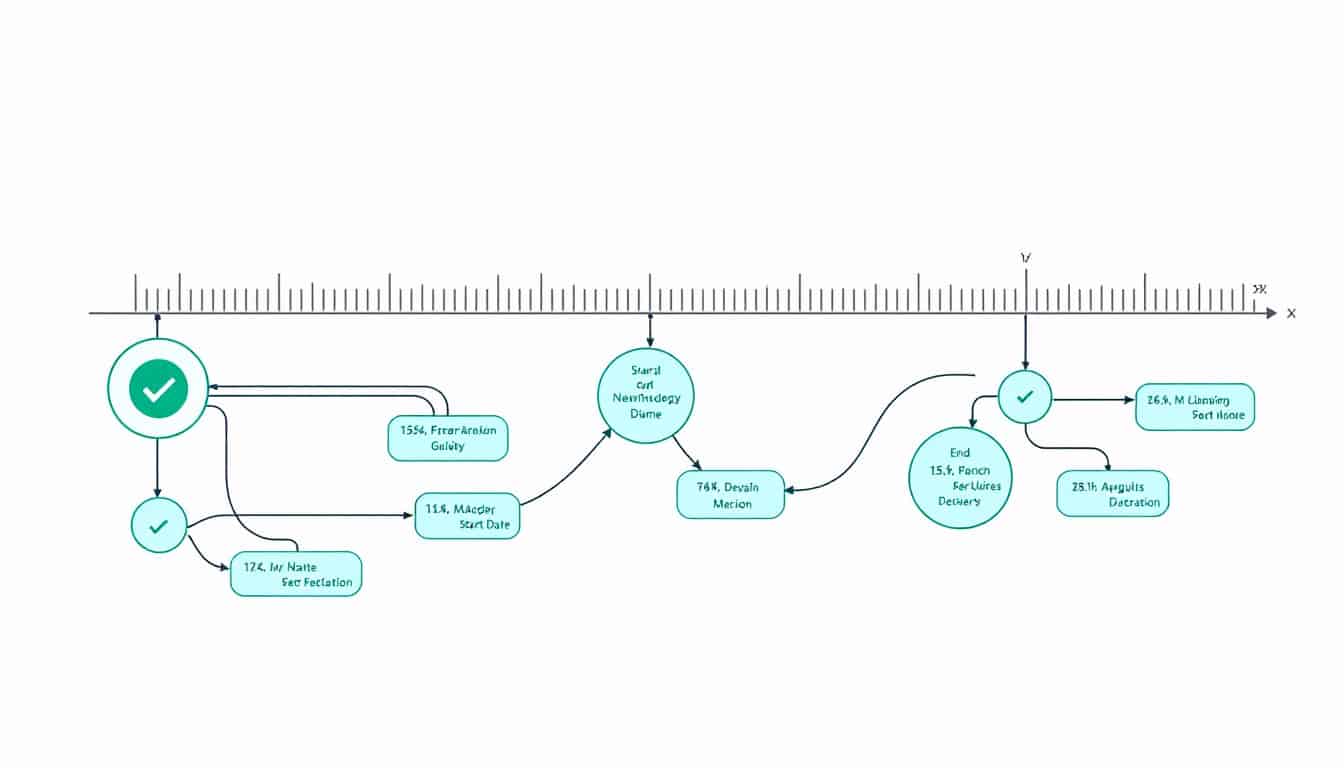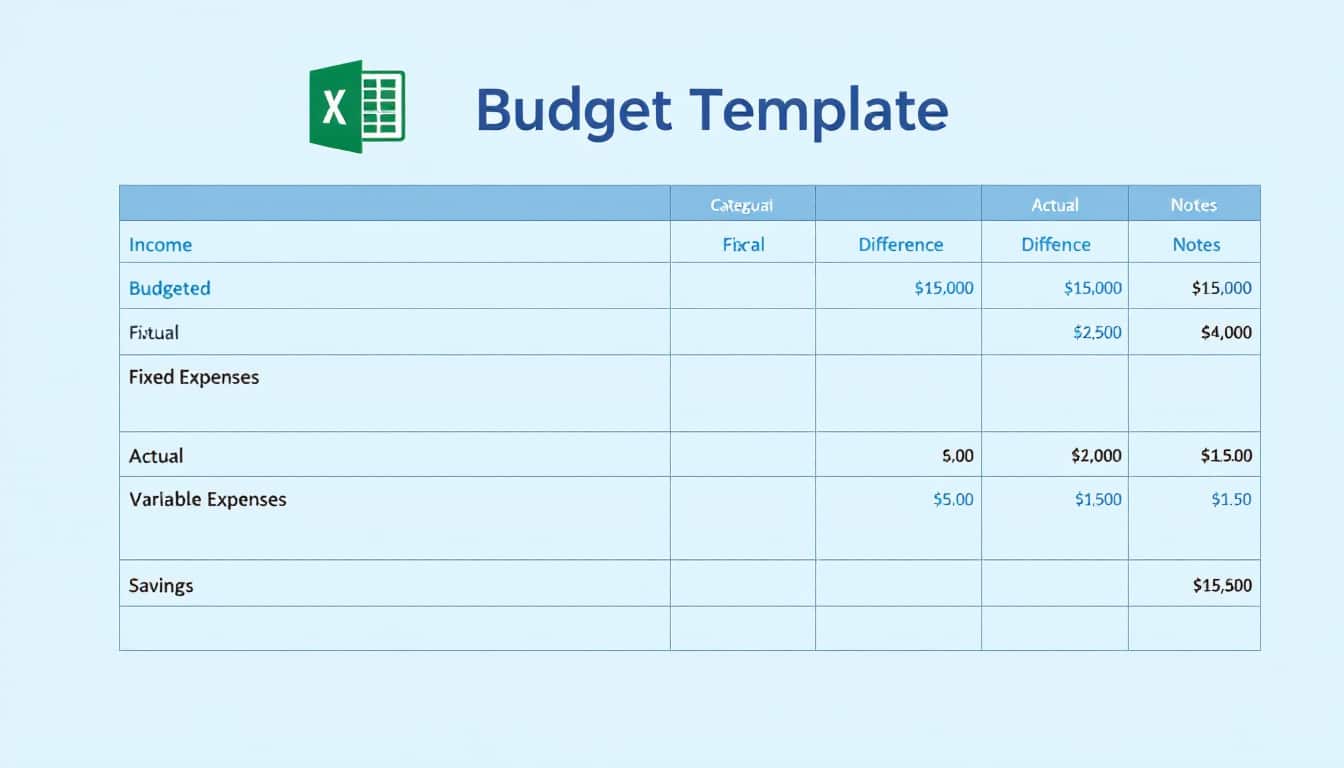Are you wondering what the next big step in your career could be? Perhaps you are considering portfolio management. This captivating field attracts ambitious professionals seeking a strategic and influential role. It is not just about overseeing projects, but about guiding the direction of an organization by maximizing results while managing risks. This opportunity could very well represent the turning point you have been waiting for to transform your skills and ambitions into tangible success.
🔥 Nous recommandons Ideamap
Ideamap est l’outil idéal pour un brainstorming ou un projet collaboratif. Grâce son interface facile et à ses fonctions IA, Ideamap booste votre créativité tout en favorisant une meilleure organisation de vos idées pour atteindre vos objectifs.

The role of portfolio manager is a significant turning point in a career, offering responsibilities that go well beyond simple asset management. In this context, it is essential to understand the nature and importance of this position. A portfolio manager acts as a financial advisor, making strategic decisions that can influence the financial success of a company or an individual. Every decision must be made with precision, evaluating the risks and benefits of different investments. This not only allows for maximizing returns but also for minimizing potential losses.
What skills are required?
To excel as a portfolio manager, a varied skill set is required. The first is a solid knowledge of financial markets, which is essential for analyzing and anticipating market trends. Next, sharp analytical skills are crucial for evaluating the past and future performances of various assets. Managers must also possess interpersonal skills, particularly for building trust-based relationships with their clients. Additionally, a good mastery of financial software and an understanding of the regulations in force can greatly aid in portfolio management.
The path to get there
To embark on a career as a portfolio manager, it is often necessary to acquire specific qualifications. Many start by obtaining a degree in finance or economics, followed by practical experience in related roles. Certifications such as the Chartered Financial Analyst (CFA) can also be beneficial, providing professional recognition and enhancing career opportunities. Furthermore, networking in the financial sector and participating in seminars can open doors to new roles within portfolio management.














